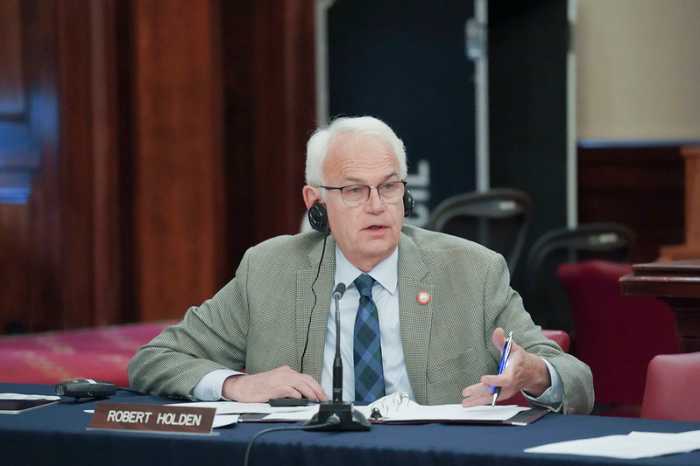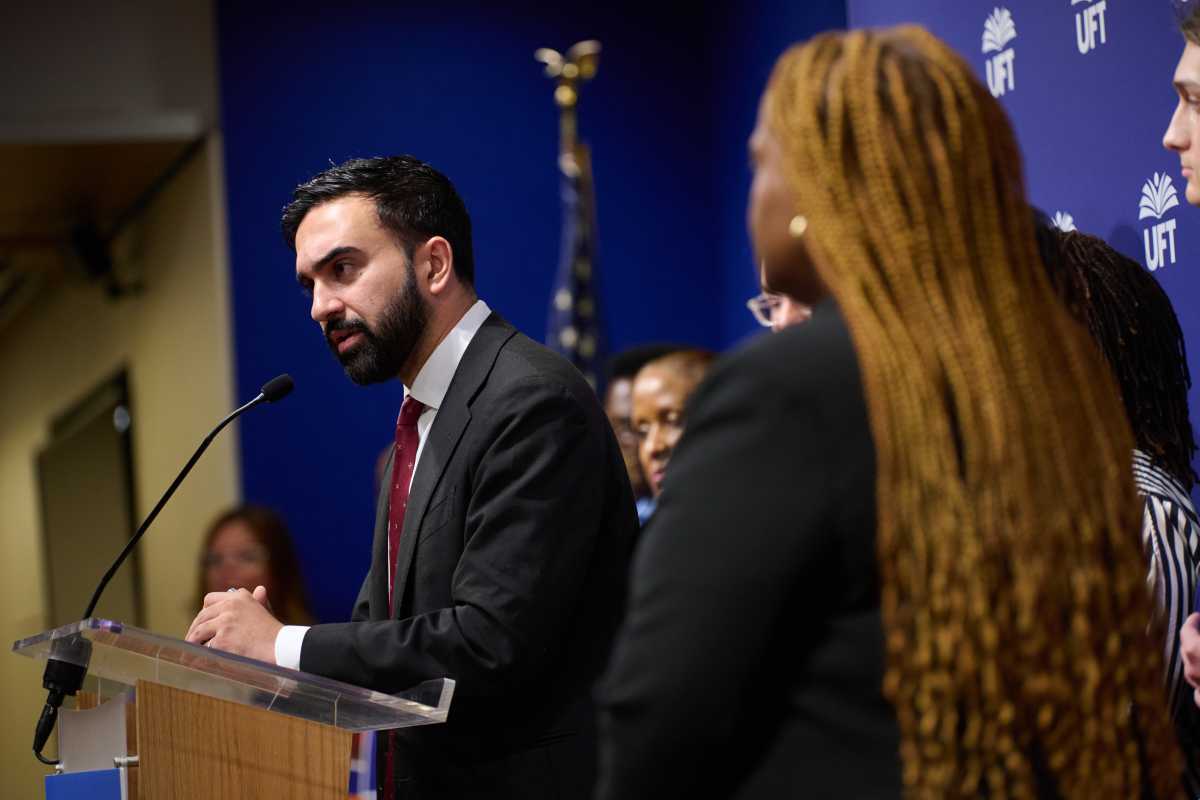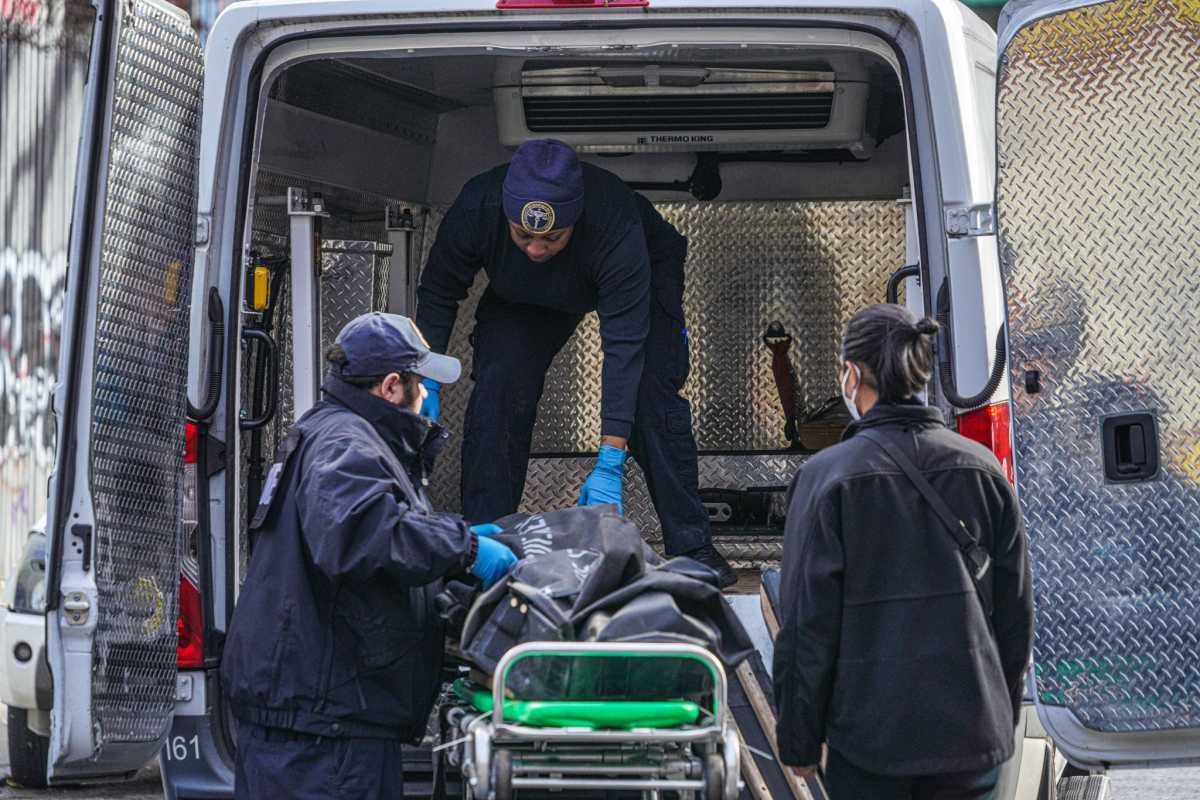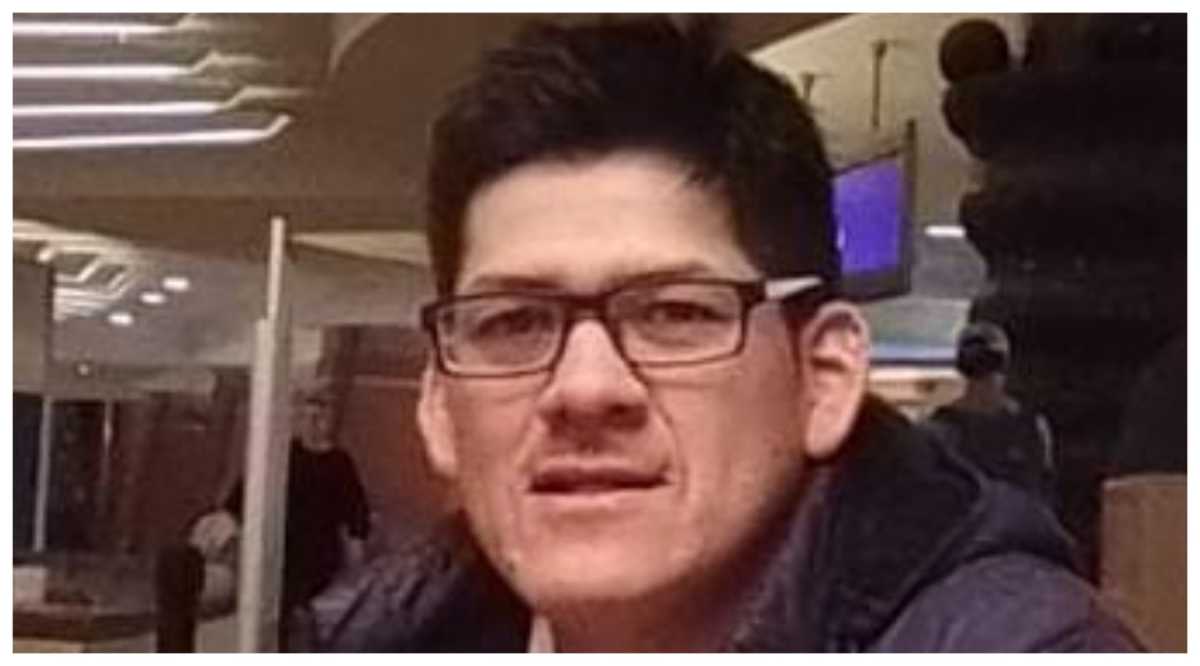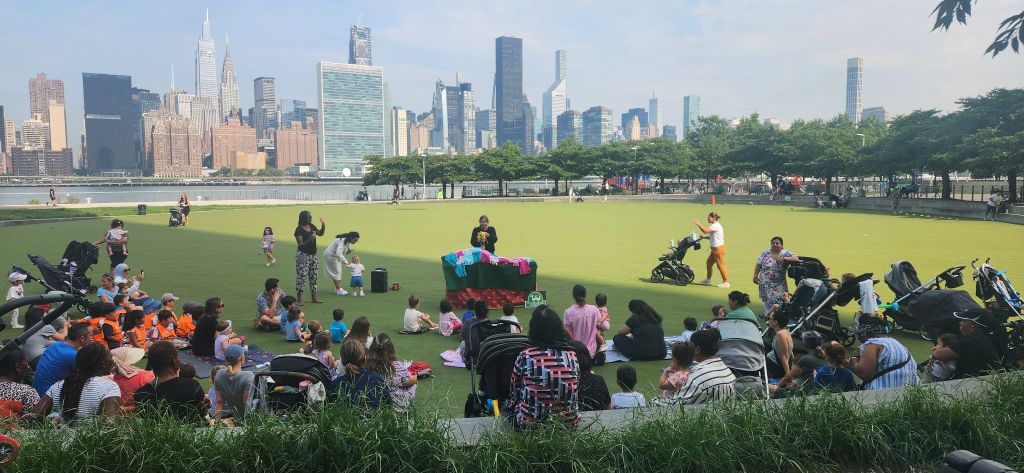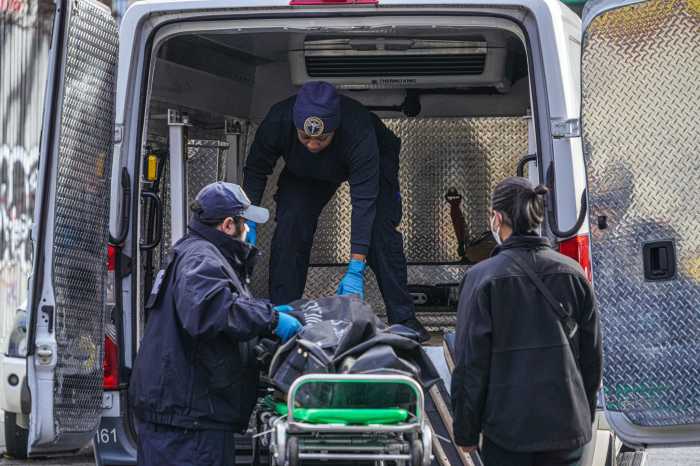By Madina Toure
Southeast Queens residents, community leaders and activists weighed in on how the two Democratic presidential candidates courted the black vote at an event hosted by state Sen. James Sanders (D-South Ozone Park) last weekend.
The event was held at the Black Spectrum Theatre in Jamaica on April 30. The moderator, A.U. Hogan, associate director of StudentsFirstNY, a group that supports public school students, and president of the Baisley Park Houses in South Jamaica, asked panelists and attendees about pandering, whether President Barack Obama has been neutral throughout the process and whether New York should have an open primary. Hogan said that he had voted for Hillary Clinton in the New York primary.
Community advocate Sabine French, a candidate for the Assembly District 33 seat, praised James Sanders’ call for a black agenda but wondered who would be setting it.
French said she and Hillary are both women but have different issues. For French, a major concern is the problem parents face in finding a good school for their kids.
“I had to go through trial and error before I found a school where I was comfortable, and then I had to be further educated that I have to get myself inside of the system to advocate for my child because my checkbook didn’t do the talking,” French said.
Laurelton resident David Freeman, 22, a Bernie supporter, said mainstream media outlets like CNN and MSNBC are “extremely biased.”
“She (my mom) used to watch CNN, MSNBC for her news and that’s what she grew up with and that’s the trust she put inside of the institution,” Freeman said. “If it wasn’t for me being an online person and showing her alternative sources of media, she would still be under the guise of that really biased tilt.”
Democratic District Leader Archie Spigner questioned Bernie’s record.
“Bernie Sanders was in the Senate for 30 years,” Spigner said. “I don’t know or ever heard of any legislation or any program that he was associated with… if he was involved in the March on Washington… he was just another white face in the crowd.”
Rev. Charles Norris, Sr. bishop/pastor emeritus of Bethesda Missionary Baptist Church, said Bernie left Brooklyn and moved to Vermont and expressed concern about his status as an Independent running as a Democrat.
“What has Mr. Sanders done for black people before he got into the position to want to become the president?” Norris said.
State Sen. James Sanders (D-South Ozone Park) said Bernie had the “best platform that we may see in my lifetime,” crediting him with embracing the Black Lives Matter movement.
But he said it was “foolish” for the candidate to visit the Vatican four days before the New York primary, rather than coming to southeast Queens, where Clinton captured more than 70 percent of the vote.
“We have seen that where he shows up, the vote increases,” Sanders said. “People did not know him. He got 25 percent down here without showing. He might have been able to get 50 percent if he had shown up and really did work down here.”
On the issue of the 126,000 Democratic voters allegedly dropped from the rolls in Brooklyn in the April 19 primary, Sanders said more information is needed to determine whether only Bernie was affected or if both candidates were affected.
Community activist Donnie Whitehead, one of the panelists and a Bernie supporter, said it is clear “something went down.”
“I say there’s enough information if you’re just looking at numbers and know that something strange is going on,” Whitehead said.
Another panelist, Queens College student Joel James, 20, of Springfield Gardens, said he supports an open primary.
“You’re allowing everyone to give their say beforehand so when it gets to the final they know that, ‘OK, I know for a fact that this is who I’m going to go for. I had a choice in this. I can make my second choice,’” James said.
Reach reporter Madina Toure by e-mail at mtour



